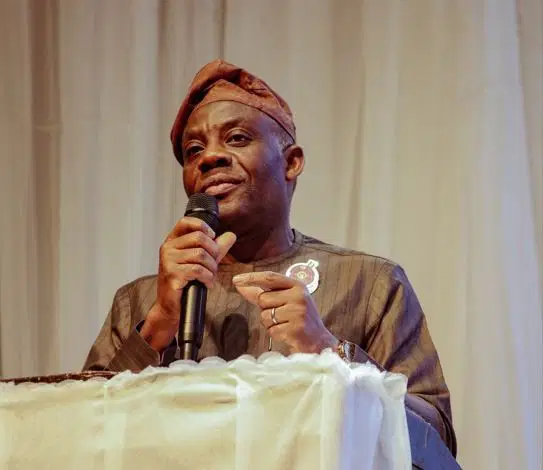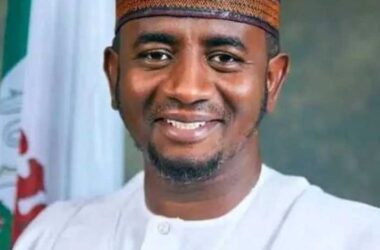In a decisive move to end persistent power outages in federal tertiary institutions, the Honourable Minister of Education, Dr. Tunji Alausa, has signed a landmark Memorandum of Understanding (MoU) with the Rural Electrification Agency (REA) to expand solar power access across all such institutions in the country.
The agreement marks a new phase in the implementation of the Energizing Education Programme (EEP), a federal government initiative aimed at improving power supply to universities, polytechnics, colleges of education, and vocational institutions through decentralized solar energy systems.
Speaking during the official signing ceremony in Abuja, Dr. Alausa emphasized the critical role of sustainable energy in modern education. “As we gather here, we do so with the shared conviction that no 21st-century learning environment can thrive without reliable and sustainable power,” he said. “Across our educational institutions, inadequate power supply has stifled innovation, disrupted academic calendars, and weakened the functionality of research laboratories and ICT infrastructure. This partnership will change that narrative.”
Dr. Alausa praised the REA for its success in implementing Phase I of the EEP, which brought mini-grid solar power to over seven million Nigerians. He described the new phase as a strategic expansion that will institutionalize energy access across campuses, with the Ministry of Education now playing a central role in planning, execution, and oversight.
“With the financial backing of the World Bank and the African Development Bank, and REA’s technical expertise, this collaboration will deliver clean, safe, and cost-effective energy solutions,” Alausa added. “It will drastically reduce dependence on diesel-powered generators, freeing up scarce resources for academic and research priorities.”
The agreement also includes a strong capacity-building component. Institutions will receive technical training and establish implementation and monitoring units to ensure long-term sustainability and self-management of the power systems.
Dr. Alausa assured all stakeholders — including school administrators, development partners, and host communities — of the Ministry’s commitment to ensuring the project’s success. “We will play our part diligently, providing prompt approvals, land support, and transparent administrative coordination,” he said.
This landmark deal is set to revolutionize power supply in Nigeria’s tertiary education sector, improving learning conditions, boosting research capabilities, and enhancing the competitiveness of Nigerian institutions globally.









